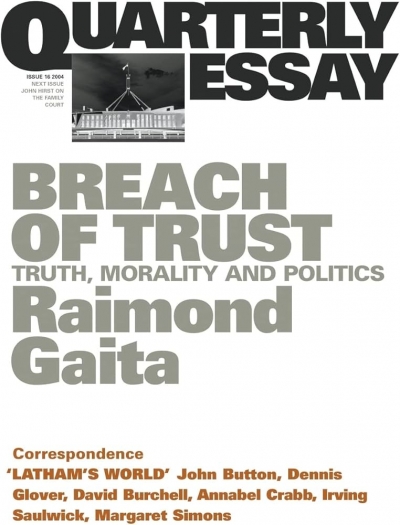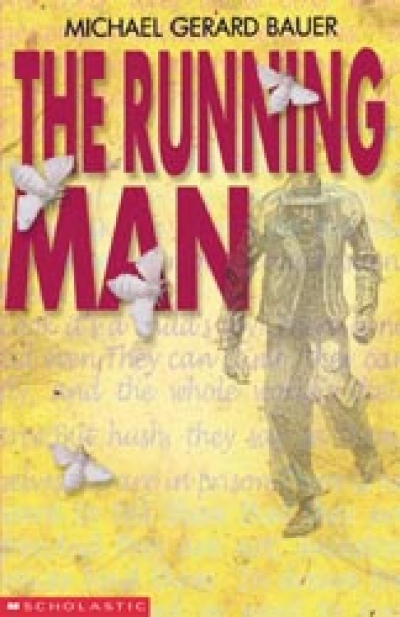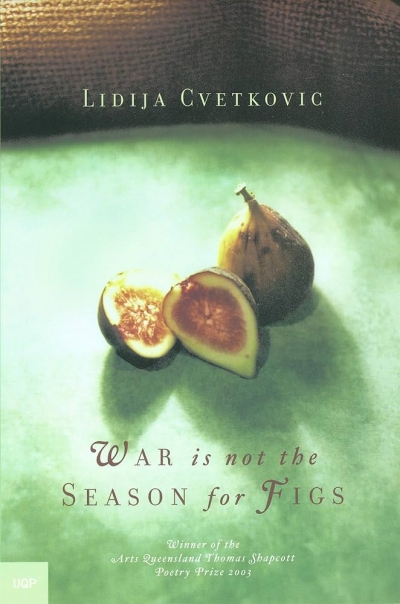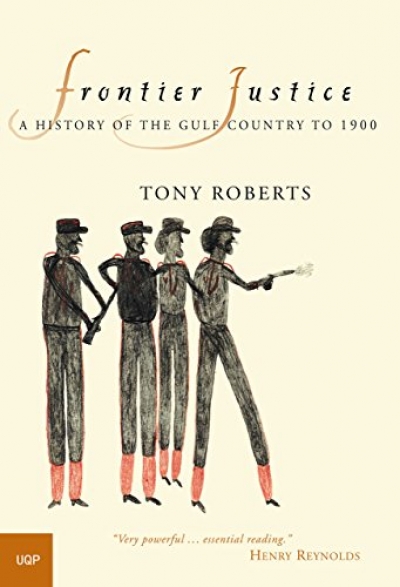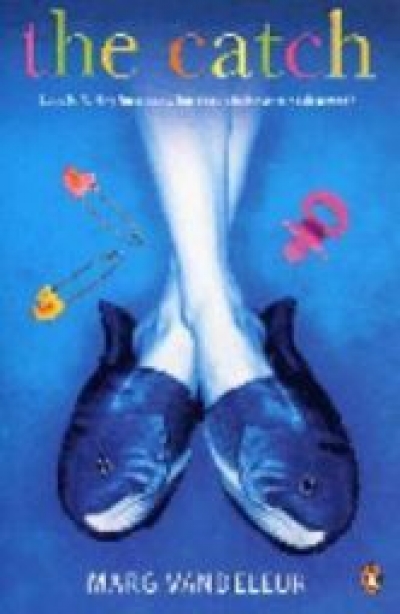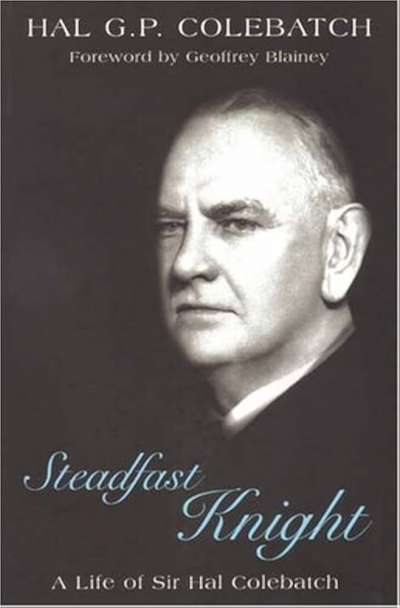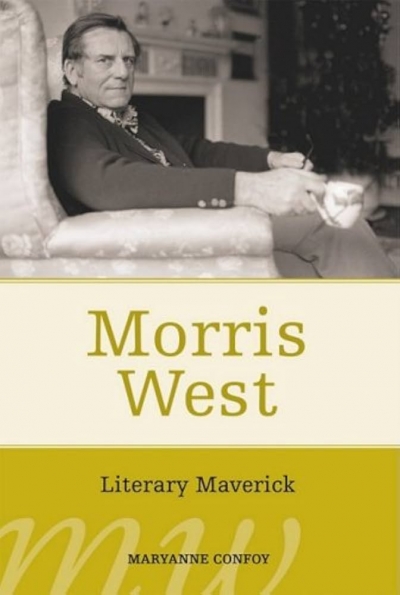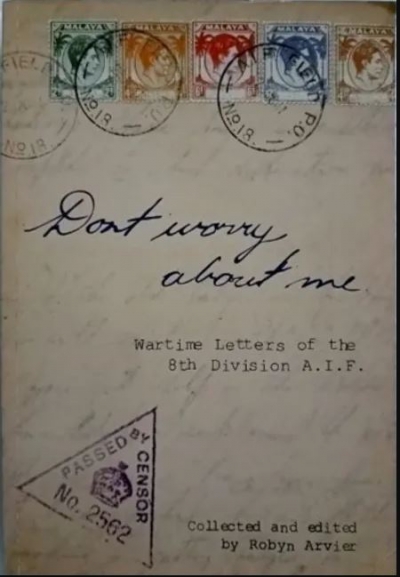Accessibility Tools
- Content scaling 100%
- Font size 100%
- Line height 100%
- Letter spacing 100%
Archive
Quarterly Essay 16: Breach of trust: truth, morality and politics by Raimond Gaita
ABR welcomes letters from our readers. Correspondents should note that letters may be edited. Letters and emails must reach us by the middle of the current month, and must include a telephone number for verification.
Barry Jones on the ODNB
Dear Editor,
I read Angus Trumble’s review of The Oxford Dictionary of National Biography (ABR, March 2005) with close interest and some envy. It was probably inevitable that he should concentrate on entries with Australian relationships. He comments that all deceased Australian prime ministers are there, except Scullin and Page. In fact, Fadden and Forde are also missing.
... (read more)The Running Man by Michael Gerard Butler & By The River by Steven Herrick
War Is Not the Season for Figs by Lidija Cvetkovic & Modewarre by Patricia Sykes
Frontier Justice: A History of the Gulf Country to 1900 by Tony Roberts
Steadfast Knight: A life of Sir Hal Colebatch by Hal G. P. Colebatch
Don't Worry About Me edited by Robyn Arvier & Hellfire by Cameron Forbes
Fold out evenings, chairs in the street.
‘See Iridium?’ Making out the satellite pantheon:
efficient gods that do return our prayers
(small voices cast across our desert spaces)
like stars —
like Clint Eastwood
riding impassive
through our networks of desire.
... (read more)
